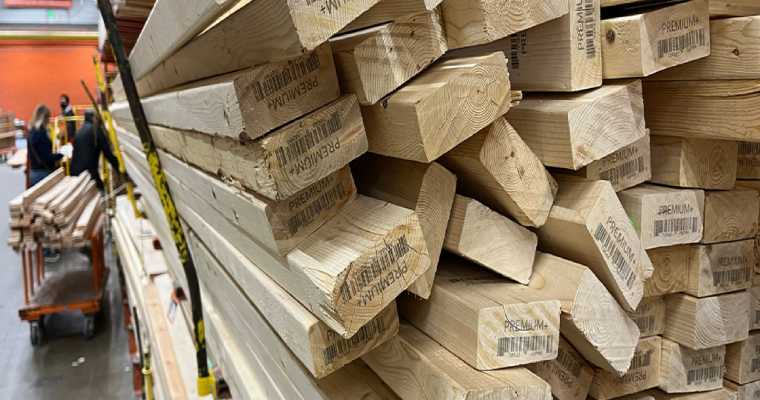
US issues executive order to address security risks from imported lumber products
Posted on March 7, 2025 |
The President has used the Trade Expansion Act to address national security concerns related to timber and lumber imports.
The U.S. is facing risks due to an influx of imported timber, lumber, and related products.
The country has enough timber to meet 95% of its softwood lumber needs for 2024 but has relied on imports since 2016.
Wood products are crucial for both civilian construction and military use, with the military spending over $10 billion each year on building projects.
The U.S. military is also investing in innovative materials like cross-laminated timber, which relies on a strong domestic lumber industry.
The U.S. government wants to ensure a secure and dependable domestic supply of timber and lumber.
The Secretary of Commerce will begin an investigation to evaluate the impact of timber and lumber imports on national security.
The investigation will focus on demand, domestic production, foreign competition, and the effects of subsidies and unfair trade practices on U.S. timber industries.
The Secretary of Commerce will consult with other departments and, within 270 days, report recommendations on actions to protect the timber supply chain, including possible tariffs or incentives to increase domestic production.





